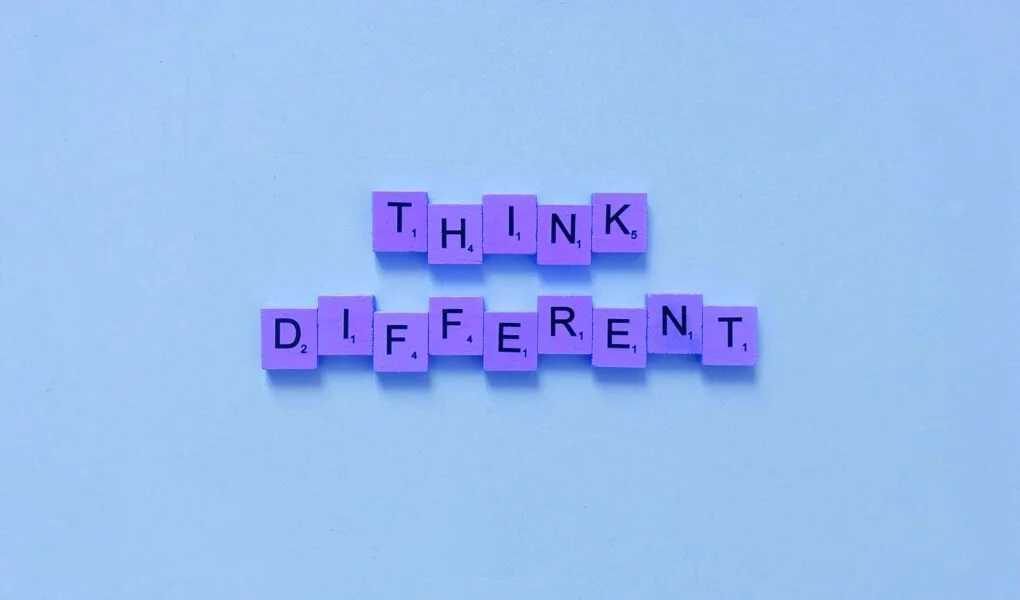Understanding the Difference Between a Growth Mindset and a Fixed Mindset
In the realm of personal development and achievement, the concepts of growth mindset and fixed mindset hold significant importance. These two mindsets represent contrasting approaches to challenges, learning, and success. By delving into the nuances of each mindset, individuals can gain valuable insights into their own beliefs, behaviors, and potential for growth.
At the core of human psychology lies the fundamental belief about one’s abilities and potential. This belief system, often referred to as a mindset, shapes how individuals perceive and respond to various situations in life. The distinction between a growth mindset and a fixed mindset lies in their underlying philosophies regarding intelligence, effort, and resilience.
Understanding the Growth Mindset
A growth mindset is characterized by the belief that abilities and intelligence can be developed through dedication, effort, and learning. Individuals with a growth mindset embrace challenges, persist in the face of setbacks, and view failures as opportunities for growth. They believe that talents and skills are not fixed traits but can be cultivated over time through hard work and perseverance.
Key Characteristics of a Growth Mindset
- Embracing Challenges: People with a growth mindset see challenges as opportunities to learn and improve. Instead of shying away from difficult tasks, they approach them with enthusiasm and curiosity.
- Persistence: Individuals with a growth mindset demonstrate resilience in the face of obstacles. They understand that setbacks are part of the learning process and remain committed to their goals despite temporary setbacks.
- Viewing Failure as Feedback: Rather than viewing failure as a reflection of their abilities, those with a growth mindset see it as valuable feedback. They use failure as an opportunity to reassess their approach, learn from their mistakes, and adjust their strategies accordingly.
- Seeking Learning and Development: Individuals with a growth mindset prioritize continuous learning and development. They actively seek out opportunities to expand their knowledge, acquire new skills, and improve themselves.
Understanding the Fixed Mindset
In contrast, a fixed mindset is characterized by the belief that intelligence and abilities are static traits that cannot be significantly changed. Individuals with a fixed mindset tend to avoid challenges, fear failure, and view effort as fruitless. They believe that success is largely determined by innate talent and luck rather than hard work and perseverance.
Key Characteristics of a Fixed Mindset
- Avoiding Challenges: People with a fixed mindset often avoid challenges out of fear of failure or embarrassment. They prefer to stick to activities where they feel competent and comfortable, rather than risking failure by trying something new.
- Giving Up Easily: Individuals with a fixed mindset are more likely to give up in the face of obstacles or setbacks. They interpret failure as a sign of their inherent limitations and may become discouraged or disheartened by setbacks.
- Interpreting Failure Negatively: Those with a fixed mindset tend to view failure as a reflection of their abilities or intelligence. Instead of seeing it as a natural part of the learning process, they interpret failure as evidence of their shortcomings.
- Avoiding Effort: People with a fixed mindset may avoid putting in effort or exerting themselves fully, believing that their abilities are predetermined and cannot be significantly improved through practice or hard work.
Implications for Personal Growth and Achievement
The difference between a growth mindset and a fixed mindset has profound implications for personal growth, achievement, and overall well-being. Individuals with a growth mindset are more likely to embrace challenges, persist in the face of setbacks, and ultimately achieve higher levels of success. On the other hand, those with a fixed mindset may be more prone to limiting themselves, avoiding growth opportunities, and experiencing lower levels of fulfillment and satisfaction.
What is the difference between a growth mindset and a fixed mindset Conclusion
In summary, the distinction between a growth mindset and a fixed mindset lies in their underlying beliefs about intelligence, effort, and resilience. While a growth mindset fosters a belief in the potential for growth and development, a fixed mindset is characterized by a belief in static abilities and limitations. By cultivating a growth mindset and embracing the principles of continuous learning and development, individuals can unlock their full potential, overcome obstacles, and achieve greater success in all areas of life.







